

| Company : Uniworld |
| Ship : S.S. Audrey |
| Journey Start : Fri 11 Jun 2027 |
| Journey End : Tue 22 Jun 2027 |
| Count Nights : 11 nights |
| Day | Date | Port |
|---|---|---|
| 1 | 11.06 Fri | Zurich / Switzerland |
| 2 | 12.06 Sat | Zurich / Switzerland |
| 3 | 13.06 Sun | Basel / Switzerland |
| 4 | 14.06 Mon | Breisach am Rhein / Germany |
| 5 | 15.06 Tue | Mannheim / Germany |
| 6 | 16.06 Wed | Rüdesheim / Germany |
| 7 | 17.06 Thu | |
| 8 | 18.06 Fri | Bernkastel-Kues / Germany |
| 9 | 19.06 Sat | Trier / Germany |
| 10 | 20.06 Sun | Paris / France |
| 11 | 21.06 Mon | Paris / France |
| 12 | 22.06 Tue | Paris / France |
DINING
All meals onboard, prepared using the finest and freshest ingredients
Captain’s Welcome and Farewell Receptions
Welcome and Farewell Gala Dinners
Unlimited beverages onboard, including fine wine, beer, spirits, specialty coffee and tea, soft drinks, and mineral water
EXCURSIONS
all fully hosted by English-speaking local experts
Guided “Let's Go” and “Village Day” programs
State-of-the-art Quietvox portable audio-headset system on all excursions
Use of bicycles and Nordic walking sticks
ACCOMMODATIONS
Lavishly appointed riverview staterooms and suites have handcrafted Savoir® Beds of England, high thread count 100% Egyptian cotton sheets and European duvets, and a menu of pillow options
Free Wi-Fi
EXPERIENCES
Services of an experienced Uniworld Cruise Manager
Cultural enrichment, including captivating onboard local entertainment
Gratuities for onboard personnel (ship staff, crew, Cruise/Tour Manager) are included during the cruise/tour
Reservations and Payments
A deposit of at least 10% of the cruise-tour fare (cruise-tour plus port charge plus pre and or post land extensions, less applicable discounts), per person
is required at time of booking. Final payment is due at least 120 days prior to departure. For new bookings a courtesy hold of up to 72 hours is allowed
but can not extend past the final payment due date. For bookings made within 120 days of departure full payment is due at time of booking.
Reservations will be canceled if payments are not received in a timely manner.
Cancellation Notice Received Before
Cruise-Tour Start Date
Cancellation Charges Per Person
• 120 days or more $200 per person for cruise-tour*
• 119 - 90 days 20% of the fare **
• 89 - 60 days 35% of the fare **
• 59 - 30 days 50% of the fare **
• No Show 100% of the fare **
• Less than 30 days 100% of the fare **
**Fare is defined as the cost of any cruise, or land, element purchased from
Uniworld.
If air is cancelled one hundred and nineteen (119) days prior to departure or
less, the full price of your air is non-refundable. Please see Air Cancellations for
details.
These cancellation fees are in addition to any cancellation fees that might be
levied by your travel agent. There is no refund for unused services or for
unused portions of the trip.
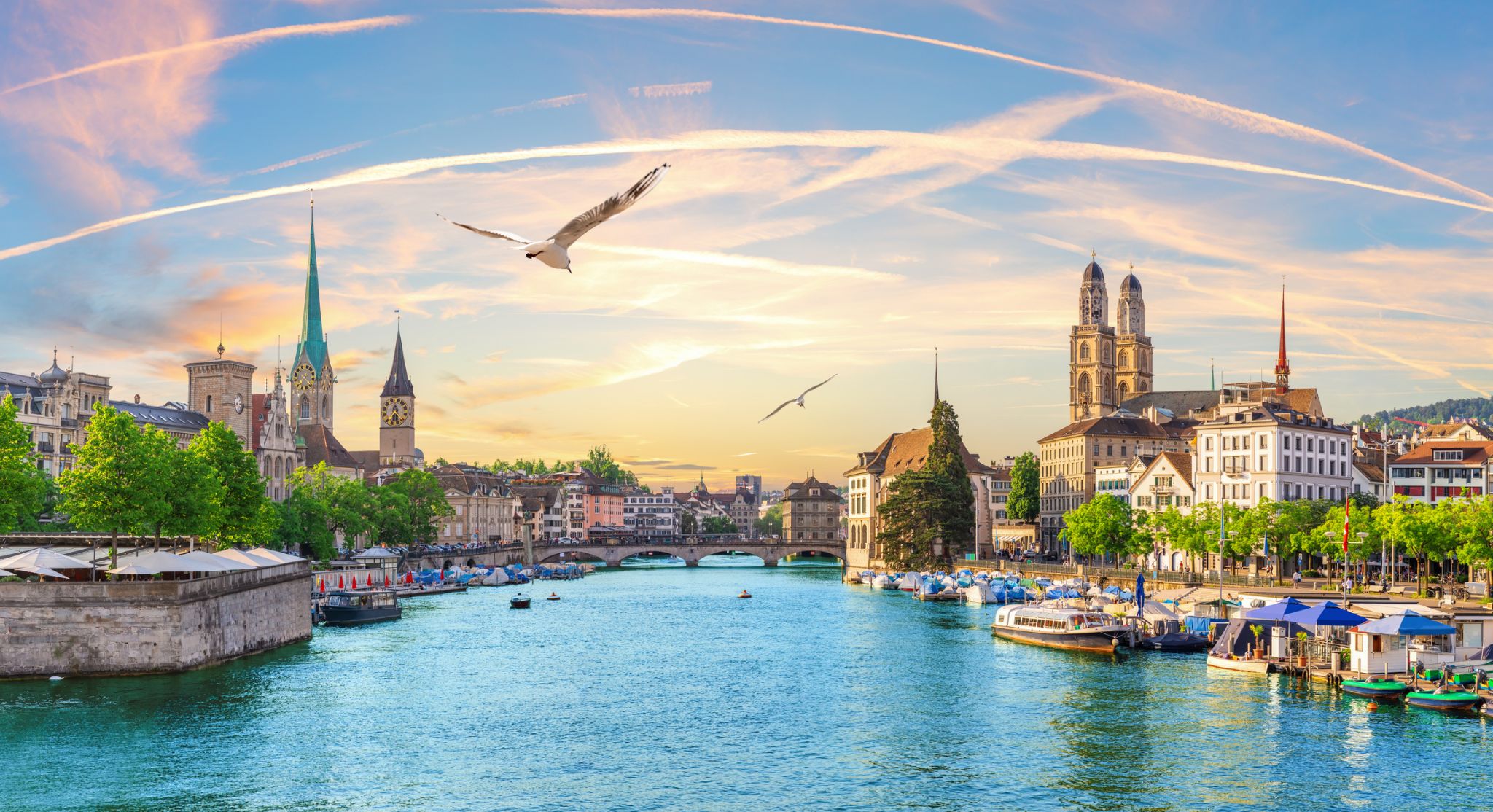

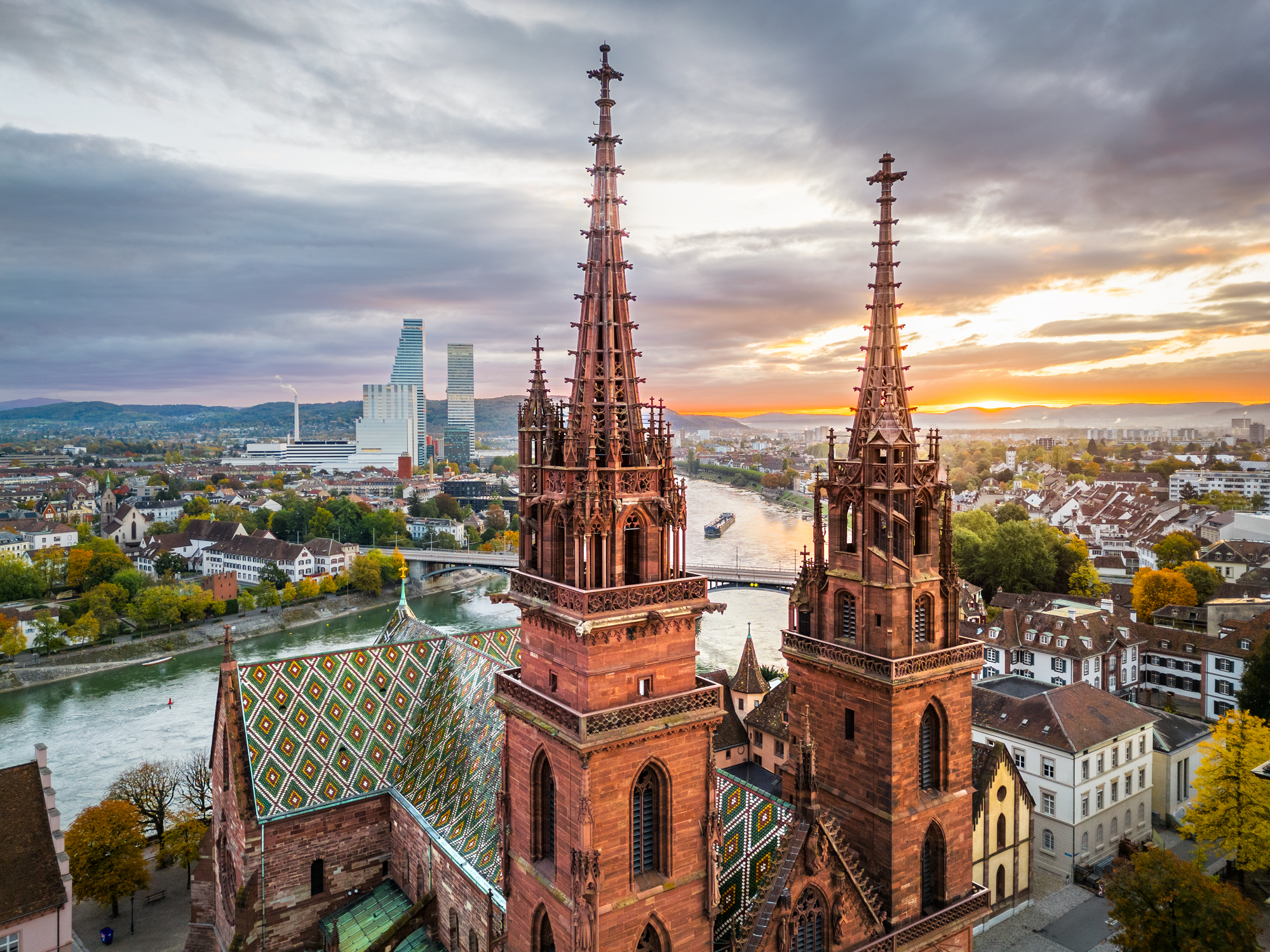
Basel is a city in northwestern Switzerland on the river Rhine. Basel is Switzerland's third-most-populous city (after Zürich and Geneva) with about 180,000 inhabitants.
Located where the Swiss, French and German borders meet, Basel also has suburbs in France and Germany. As of 2016, the Swiss Basel agglomeration was the third largest in Switzerland with a population of 541,000[4] in 74 municipalities in Switzerland (municipal count as of 2018). The initiative Trinational Eurodistrict Basel (TEB) of 62 suburban communes including municipalities in neighboring countries, counted 829,000 inhabitants in 2007.
The official language of Basel is (the Swiss variety of Standard) German, but the main spoken language is the local Basel German dialect.
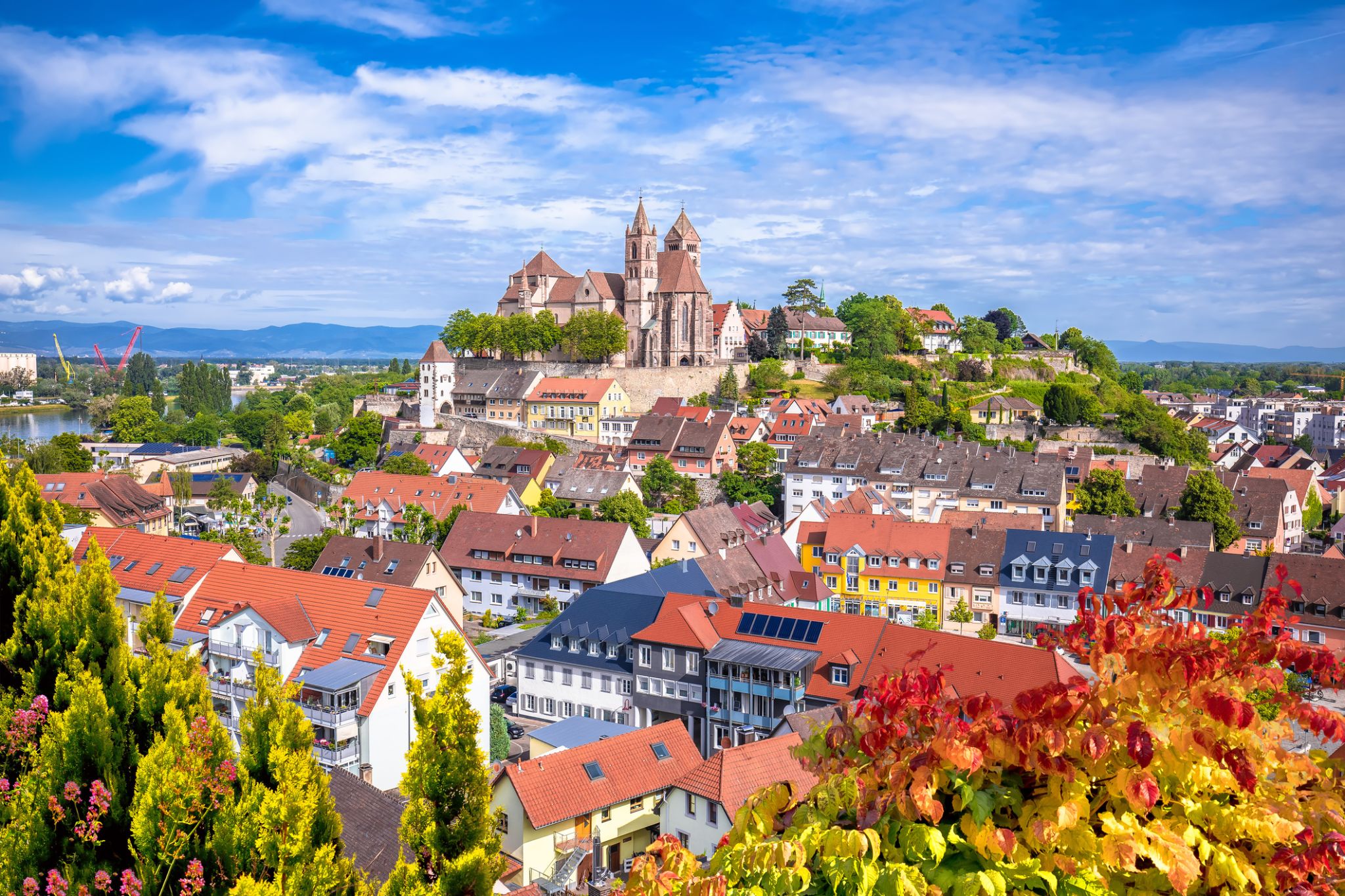
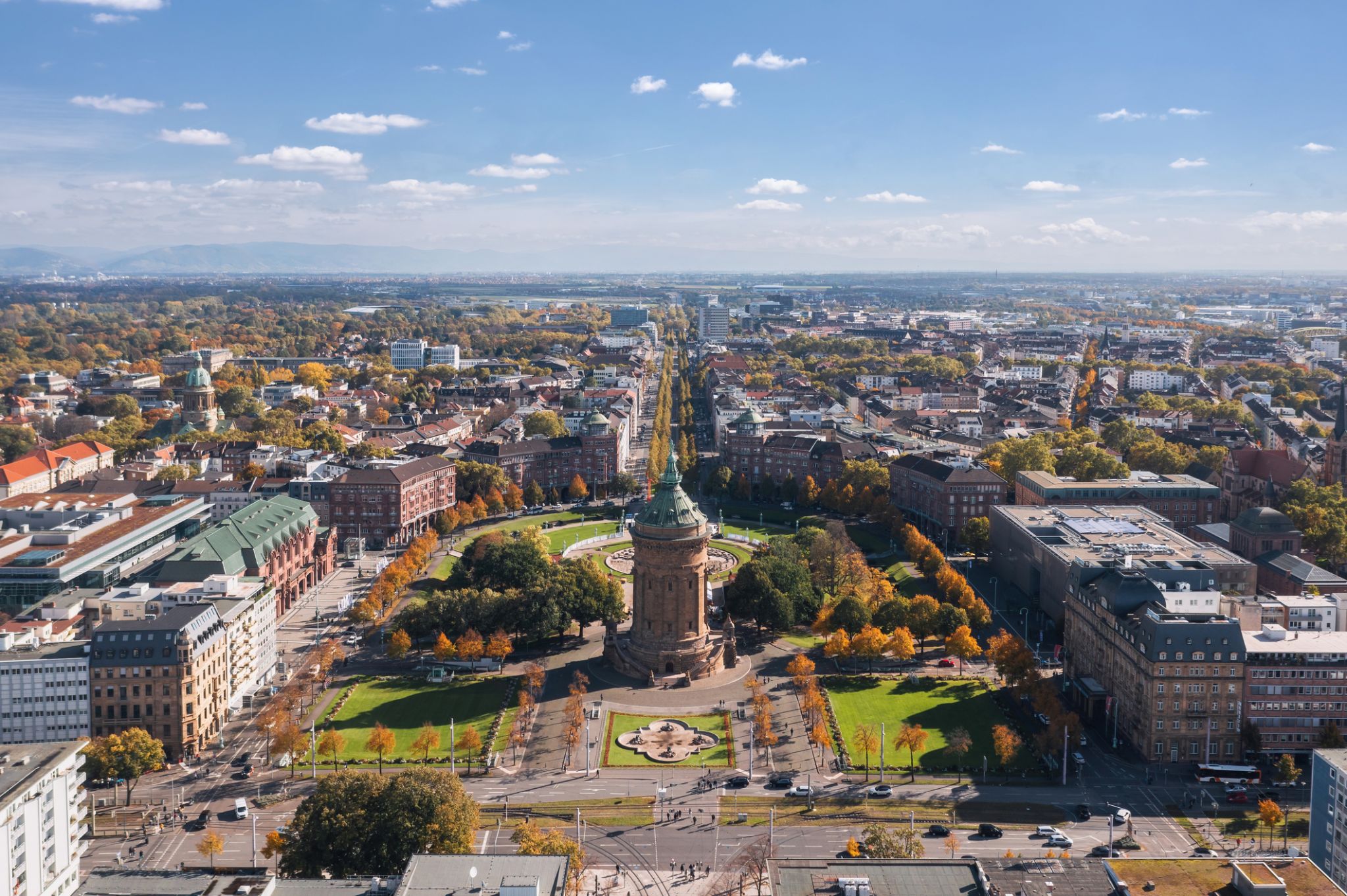
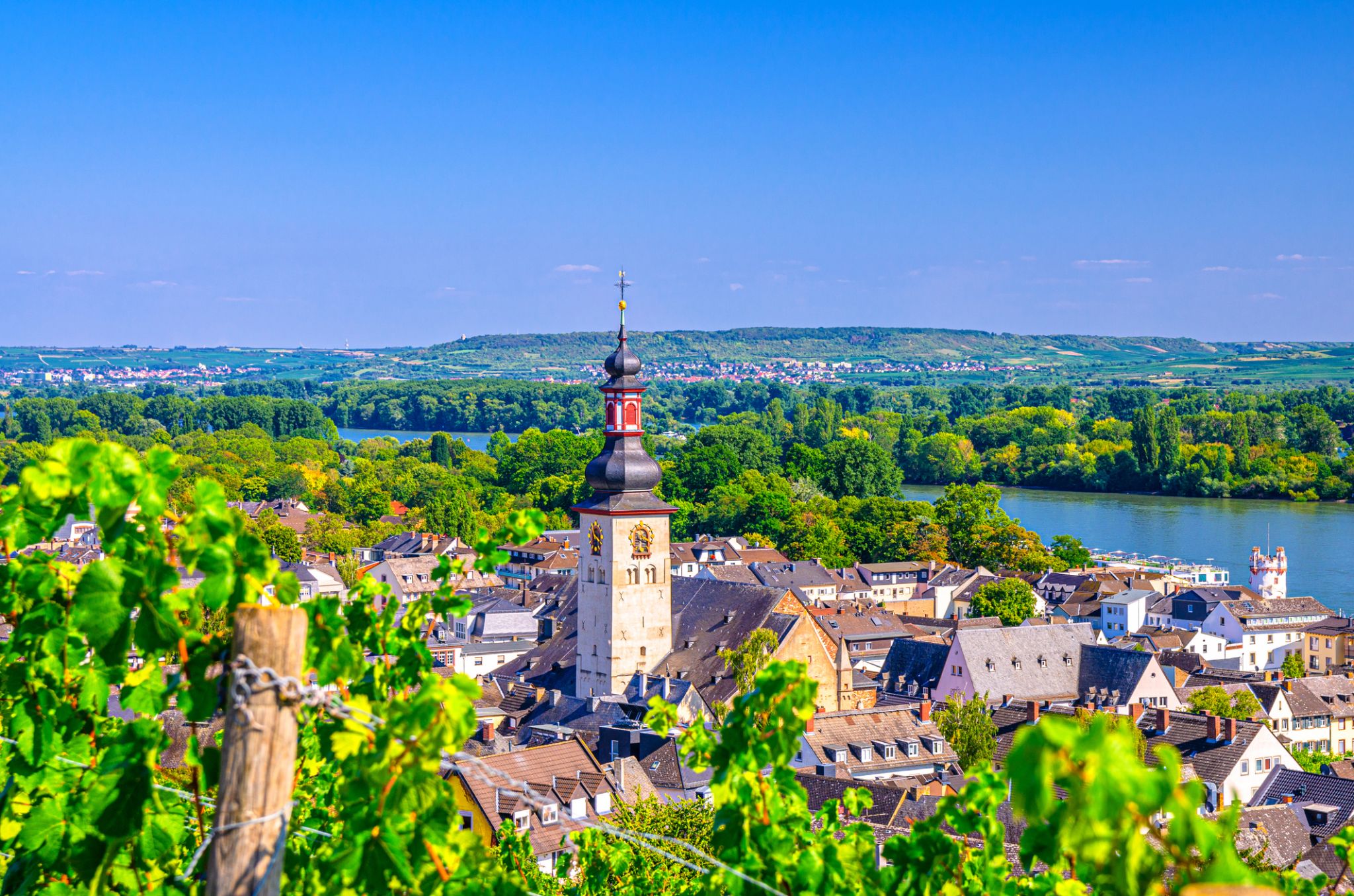
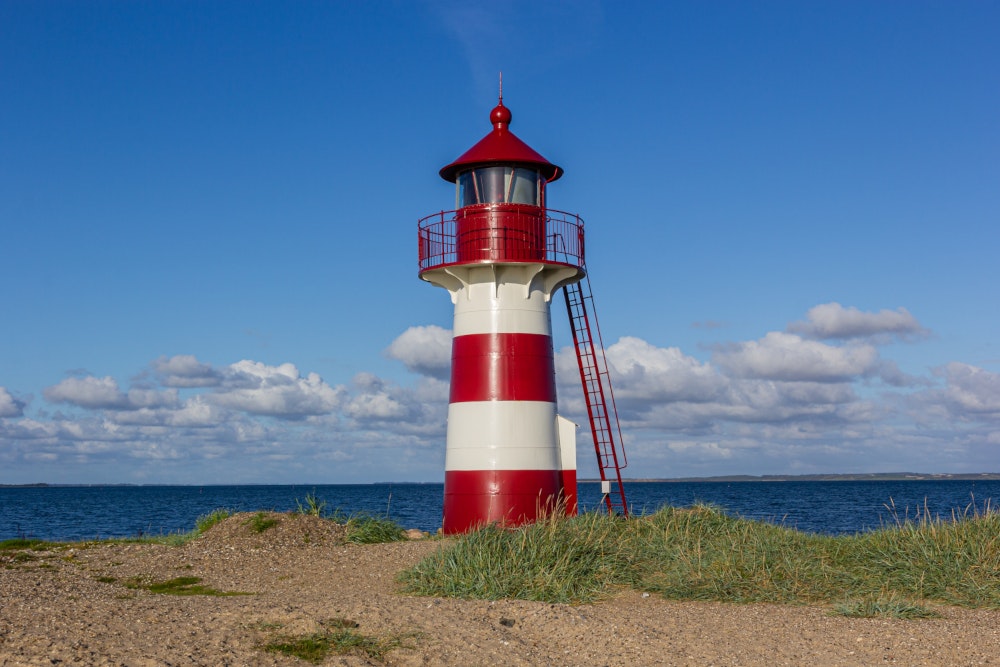
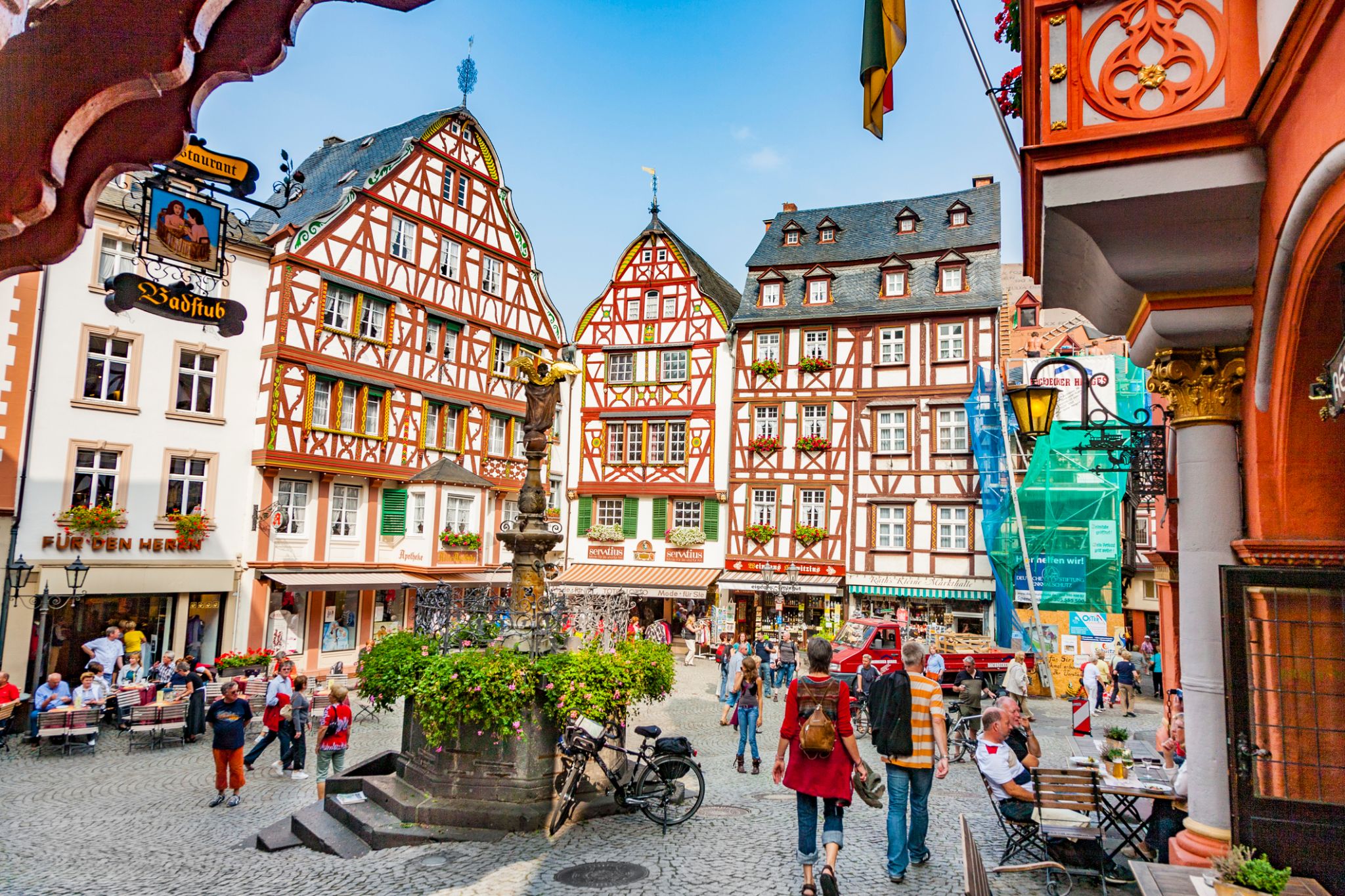
Bernkastel-Kues is a well-known winegrowing centre on the Middle Moselle in the Bernkastel-Wittlich district in Rhineland-Palatinate, Germany. The town is a state-recognized health resort (Erholungsort), seat of the Verbandsgemeinde of Bernkastel-Kues and birthplace of one of the most famous German polymaths, the mediaeval churchman and philosopher Nikolaus von Kues (Cusanus).
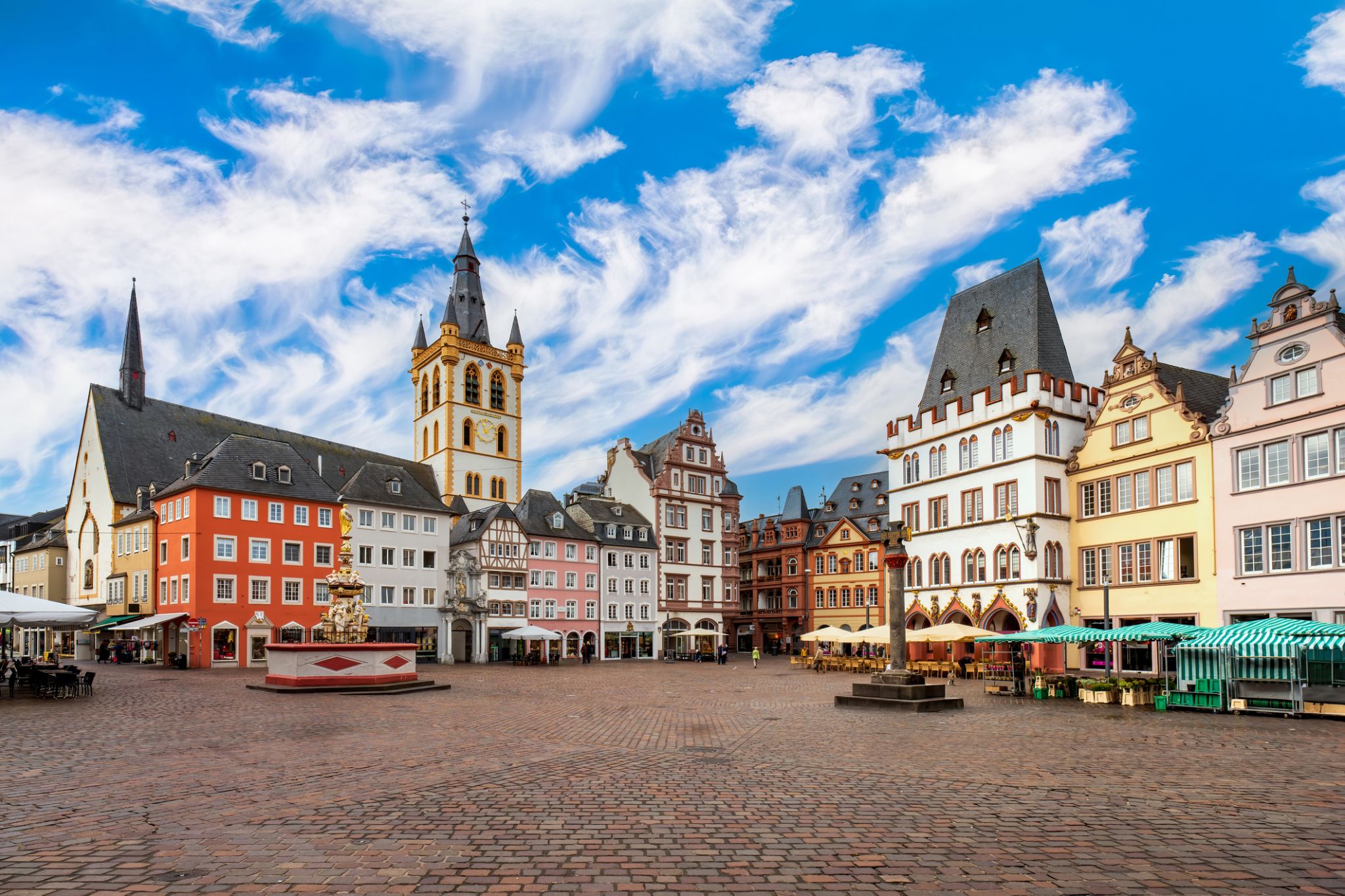
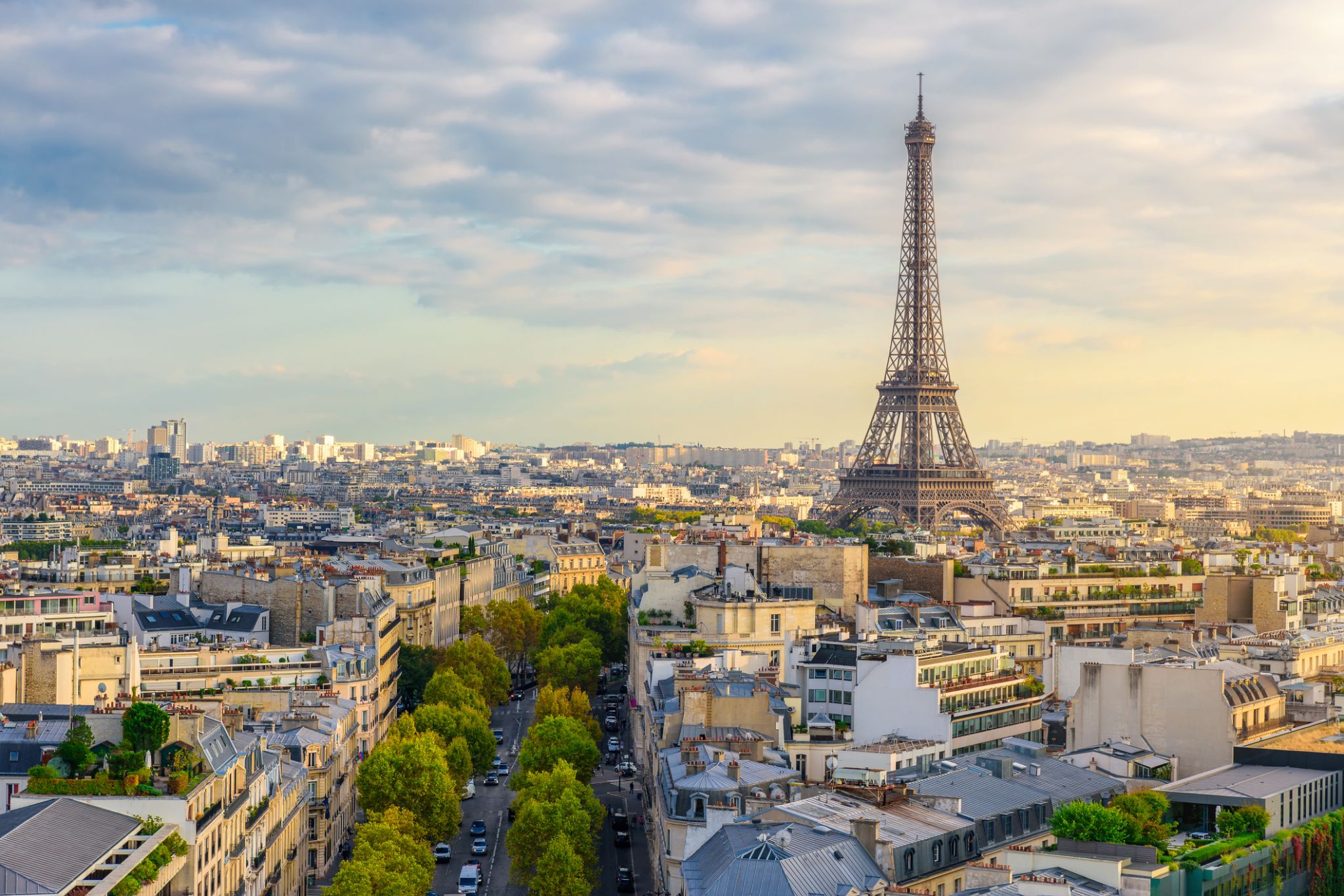
the capital of France, on the Seine River; population 2,203,817 (2006). Paris was held by the Romans, who called it Lutetia, and by the Franks, and was established as the capital in 987 under Hugh Capet. It was organized into three parts—the Île de la Cité (an island in the Seine), the Right Bank, and the Left Bank—during the reign of Philippe-Auguste 1180–1223. The city's neoclassical architecture dates from the modernization of the Napoleonic era, which continued under Napoleon III, when the bridges and boulevards of the modern city were built.

the capital of France, on the Seine River; population 2,203,817 (2006). Paris was held by the Romans, who called it Lutetia, and by the Franks, and was established as the capital in 987 under Hugh Capet. It was organized into three parts—the Île de la Cité (an island in the Seine), the Right Bank, and the Left Bank—during the reign of Philippe-Auguste 1180–1223. The city's neoclassical architecture dates from the modernization of the Napoleonic era, which continued under Napoleon III, when the bridges and boulevards of the modern city were built.

the capital of France, on the Seine River; population 2,203,817 (2006). Paris was held by the Romans, who called it Lutetia, and by the Franks, and was established as the capital in 987 under Hugh Capet. It was organized into three parts—the Île de la Cité (an island in the Seine), the Right Bank, and the Left Bank—during the reign of Philippe-Auguste 1180–1223. The city's neoclassical architecture dates from the modernization of the Napoleonic era, which continued under Napoleon III, when the bridges and boulevards of the modern city were built.